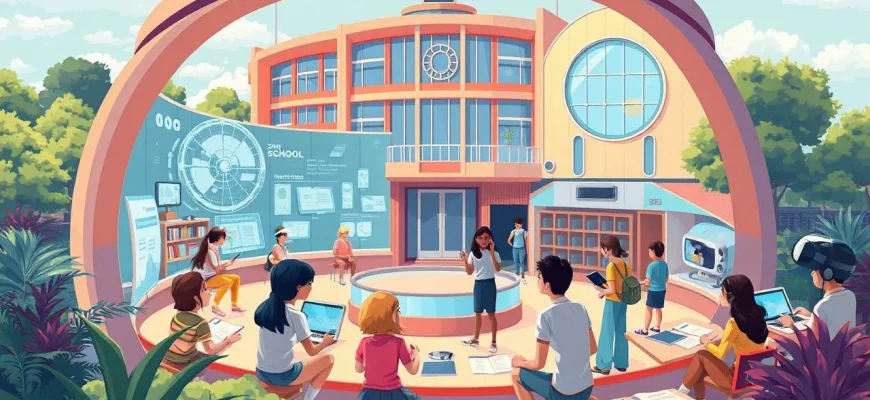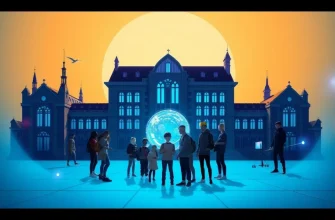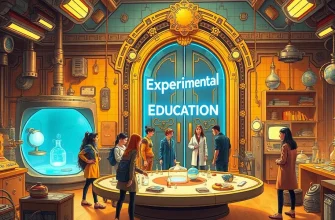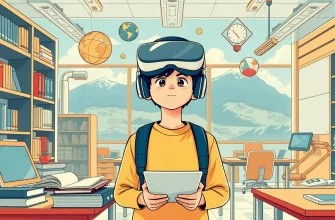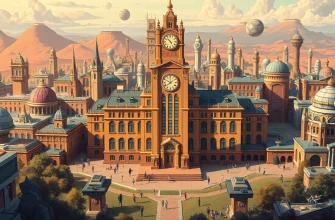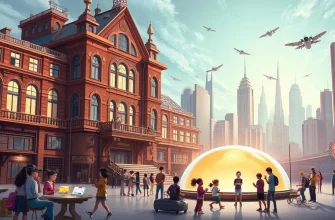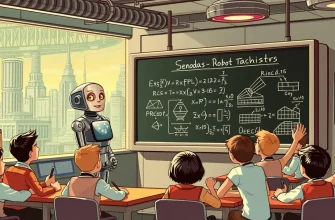Fancy a journey into the future of education? This handpicked selection of ten sci-fi films explores the wild and wonderful world of futuristic learning environments. From virtual reality classrooms to mind-bending educational techniques, these films not only entertain but also provoke thought about how education might evolve. Whether you're a teacher, student, or just a curious cinephile, this list promises to expand your horizons and perhaps even inspire new ideas about learning.
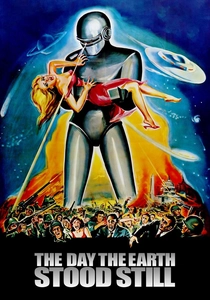
The Day the Earth Stood Still (1951)
Description: This classic sci-fi film features an alien visitor who comes to Earth to teach humanity about peace and cooperation, indirectly addressing education through the lens of global understanding.
Fact: The film was one of the first to be added to the National Film Registry by the Library of Congress.
 Watch Now
Watch Now
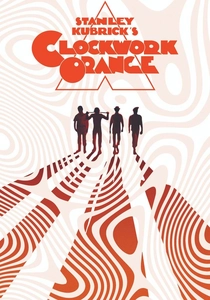
A Clockwork Orange (1971)
Description: This film explores the concept of re-education through aversion therapy, where the protagonist is conditioned to reject violence, raising questions about free will and the ethics of educational methods.
Fact: The film was banned in several countries due to its graphic violence and controversial themes.
 Watch Now
Watch Now

Gattaca (1997)
Description: Set in a future where genetic engineering determines one's place in society, education is tailored to one's genetic potential, highlighting the ethical dilemmas of such a system.
Fact: The film's title is derived from the letters representing the four nucleobases of DNA.
 Watch Now
Watch Now

The Matrix (1999)
Description: While not strictly about education, the film delves into the concept of a virtual reality where humans are unknowingly trapped, learning and experiencing life within a simulated world, which raises questions about the nature of education and reality.
Fact: The film's iconic "bullet time" effect was developed specifically for this movie, revolutionizing special effects in cinema.
 Watch Now
Watch Now

Equilibrium (2002)
Description: In a dystopian future where emotions are outlawed, education is strictly controlled to prevent emotional responses, showcasing a system designed to suppress individuality.
Fact: The film's director, Kurt Wimmer, also wrote the screenplay, which was inspired by Ray Bradbury's "Fahrenheit
 Watch Now
Watch Now

The Terminal (2004)
Description: Although primarily a comedy-drama, the film touches on themes of education when the protagonist, Viktor Navorski, learns English and navigates life in an airport, showcasing informal education and adaptation.
Fact: The film was inspired by the true story of Mehran Karimi Nasseri, who lived in Paris's Charles de Gaulle Airport for 18 years.
 Watch Now
Watch Now

The Island (2005)
Description: In a world where clones are raised to provide organs for their human counterparts, the film explores the idea of a controlled educational environment designed to keep clones ignorant of their true purpose.
Fact: The film's concept was inspired by the 1979 film "Parts: The Clonus Horror."
 Watch Now
Watch Now
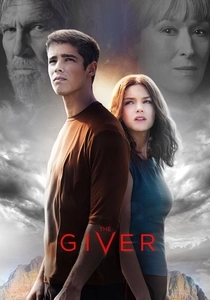
The Giver (2014)
Description: In a seemingly utopian society, education is uniform and memories are suppressed, but one boy's journey to become the "Receiver of Memory" challenges this system.
Fact: The film was adapted from Lois Lowry's 1993 novel, which won the Newbery Medal.
 Watch Now
Watch Now
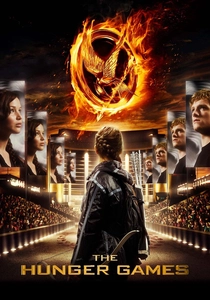
The Hunger Games (2012)
Description: While primarily a dystopian action film, it touches on education through the Capitol's control over the districts, where education is used as a tool for maintaining power and control.
Fact: The film's director, Gary Ross, also co-wrote the screenplay with Suzanne Collins, the author of the original novel.
 Watch Now
Watch Now

Divergent (2014)
Description: This film explores a society divided into factions based on virtues, where education is tailored to fit each faction's values, questioning the rigidity of such a system.
Fact: The film's setting was inspired by Chicago, with many scenes shot in the city.
 Watch Now
Watch Now

